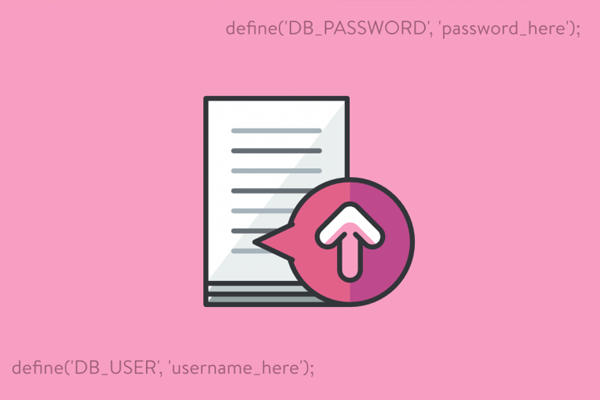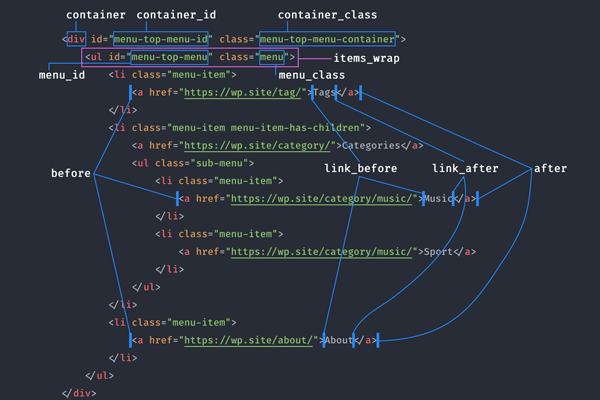get_settings_errors ( $setting = '', $sanitize = false ) - 参数
-
-
(string)
$setting
Optional. Slug title of a specific setting whose errors you want.- Required: 否
- Default: (empty)
-
(bool)
$sanitize
Optional. Whether to re-sanitize the setting value before returning errors.- Required: 否
- Default: false
-
(string)
- 返回值
-
-
(array) { Array of settings errors. @type string $setting Slug title of the setting to which this error applies. @type string $code Slug-name to identify the error. Used as part of ‘id’ attribute in HTML output. @type string $message The formatted message text to display to the user (will be shown inside styled `
` and `
` tags). @type string $type Optional. Message type, controls HTML class. Possible values include ‘error’, ‘success’, ‘warning’, ‘info’. Default ‘error’. }
- 定义位置
-
-
wp-admin/includes/template.php
, line 1859
-
wp-admin/includes/template.php
- 引入
- 3.0.0
- 弃用
- –
获取由add_settings_error()注册的设置错误。
检查$wp_settings_errors数组中在当前页面中声明的任何错误,并返回它们。
如果刚刚提交了更改($_GET[‘settings-updated’]),并且设置错误被保存到’settings_errors’暂存器,那么这些错误将被返回。这被用来跨页面传递错误。
在返回错误之前,使用$sanitize参数来手动重新净化选项。如果你想在用户没有提交数据时显示错误或通知,这很有用(例如,当他们第一次加载一个选项页面时,或在{@see ‘admin_notices’}动作钩子中)。
function get_settings_errors( $setting = '', $sanitize = false ) { global $wp_settings_errors; /* * If $sanitize is true, manually re-run the sanitization for this option * This allows the $sanitize_callback from register_setting() to run, adding * any settings errors you want to show by default. */ if ( $sanitize ) { sanitize_option( $setting, get_option( $setting ) ); } // If settings were passed back from options.php then use them. if ( isset( $_GET['settings-updated'] ) && $_GET['settings-updated'] && get_transient( 'settings_errors' ) ) { $wp_settings_errors = array_merge( (array) $wp_settings_errors, get_transient( 'settings_errors' ) ); delete_transient( 'settings_errors' ); } // Check global in case errors have been added on this pageload. if ( empty( $wp_settings_errors ) ) { return array(); } // Filter the results to those of a specific setting if one was set. if ( $setting ) { $setting_errors = array(); foreach ( (array) $wp_settings_errors as $key => $details ) { if ( $setting === $details['setting'] ) { $setting_errors[] = $wp_settings_errors[ $key ]; } } return $setting_errors; } return $wp_settings_errors; }
-
(array) { Array of settings errors. @type string $setting Slug title of the setting to which this error applies. @type string $code Slug-name to identify the error. Used as part of ‘id’ attribute in HTML output. @type string $message The formatted message text to display to the user (will be shown inside styled `
声明:本站所有文章,如无特殊说明或标注,均为本站原创发布。任何个人或组织,在未征得本站同意时,禁止复制、盗用、采集、发布本站内容到任何网站、书籍等各类媒体平台。如若本站内容侵犯了原著者的合法权益,可联系我们进行处理。

 成为VIP
成为VIP







